Tsinghua University holds the First International Forum on Engineering Education
On September 24, the first International Forum on Engineering Education opened in the Main Building of Tsinghua University. Attending the forum were Li Xiaohong, President of the Chinese Academy of Engineering, Zhou Ji, Honorary Chairman of the Presidium of the Chinese Academy of Engineering and Chairman of the Advisory Committee of UNESCO’s International Engineering Education Center, Marielza Oliveira, Director of UNESCO’s Beijing Office, Wu Qidi, Director of the International Center for Engineering Education under the auspices of UNESCO, as well as Tsinghua President Qiu Yong, Vice President You Zheng, and the Vice Chairpersons of Tsinghua University Council Xie Weihe and Yuan Si. The opening ceremony of the forum was hosted by Chen Xu, Chairperson of Tsinghua University Council.
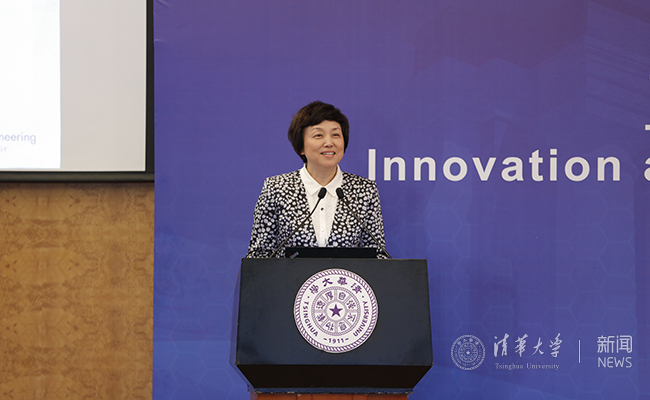
Themed “Innovation and Development of Engineering Education”, this forum aims to bring together renowned scholars and outstanding leaders worldwide in the fields of engineering education, engineering technology, and engineering management to discuss the innovation and development of engineering education, promote the progress of world engineering technology and society, and meet major global challenges. Jointly sponsored by Tsinghua University, the Chinese Academy of Engineering and UNESCO, the forum was attended by more than 150 experts, scholars and industry representatives from prestigious universities, international organizations, academic communities and enterprises in nearly 20 countries or regions.
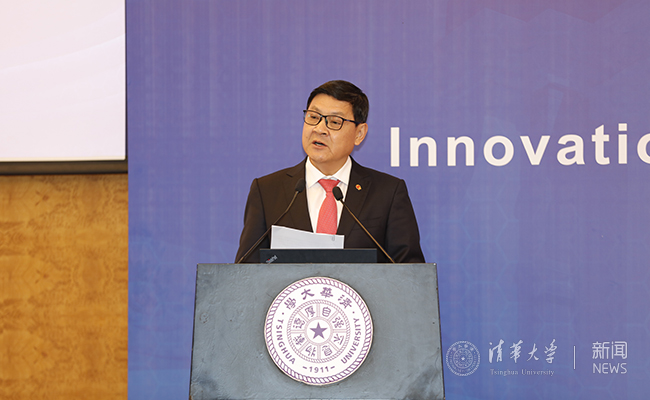
At the opening ceremony, Li Xiaohong noted in his welcome address that the development of engineering technology is an important symbol of human social progress, and education is an important factor affecting the movement of the world science and technology center. With the acceleration of scientific and technological revolution and industrial transformation, engineering education has heralded a new stage of development. China is attaching great importance to engineering education in the new era, striving to contribute its wisdom to international engineering education. Oriented to the fourth industrial revolution, this forum would hold exchanges and discussions around future engineering education, which he believed would inspire new and different thinking.
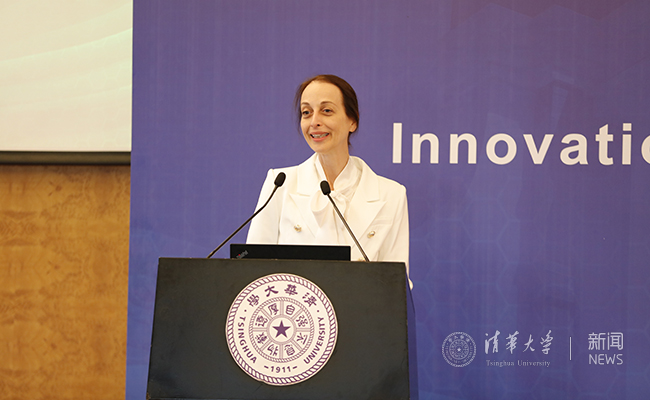
Marielza Oliveira said she was very pleased to have the chance to discuss cutting-edge issues of engineering education with experts and scholars in academia and industries. At present, engineering education needs to be more inclusive and sustainable, to promote lifelong learning, enhance team spirit and social responsibility, and help people to understand the development of new technologies.
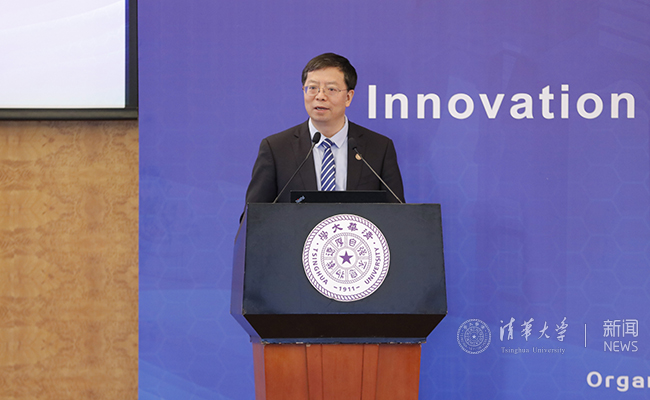
At the opening ceremony, President Qiu delivered a plenary speech entitled “Engineering Education: For a Better Home of Mankind”. On behalf of Tsinghua University, President Qiu extended a warm welcome to all the guests. He noted that engineering has created the world in which we live, and engineering education will determine our future world. Since the founding of the People’s Republic of China, especially since the reform and opening up, China’s engineering education has developed rapidly, and China has worked out a path of engineering education development that suited to its national conditions, which plays an important role in promoting the country’s modernization. Committed to outstanding engineering education, Tsinghua University has trained a large number of outstanding engineers and technicians, making important contributions to the country’s industrialization.
President Qiu pointed out that in order to meet the challenges, the international engineering education community has been considering and taking active measures. This forum will discuss in depth the new concept of engineering education and plan for the future of engineering education. He believed that with the joint efforts of the world community, the voice of engineering education will be heard more widely in the world, the goal of engineering education development will become clearer, and the action plan dedicated to training outstanding engineering talents will be more coordinated.
President Qiu also stressed that future-oriented engineering education should serve to build a better home for mankind. He put forward the following suggestions for future engineering education: strengthen the education of responsibility awareness, train engineers with a strong sense of social responsibility, engineers with noble ethics, engineers with a soul; strengthen the cultivation of innovative ability and strive to cultivate innovative talents in the field of engineering technology; strengthen communication and cooperation, and strengthen understanding and exchange, to timely and accurately convey the information and value of engineering to society, and comprehensively enhance the influence of engineering and engineering education in society. Finally, President Qiu said that we should, with a lofty vision of the world, the future and all mankind, promote the innovation and development of engineering education and jointly train outstanding engineering and scientific talents to build a better home for mankind.
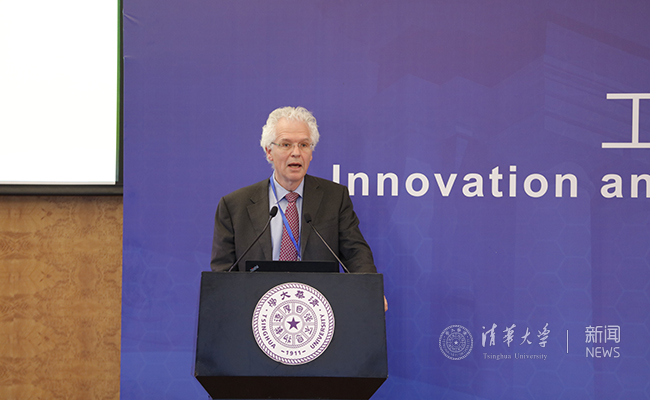
Richard Lester, Vice Provost of the Massachusetts Institute of Technology, delivered a plenary speech entitled “Innovations in Engineering Education”. Lester elaborated on MIT’s practice of coping with the new trend of international engineering education: encourage students to select courses and study across departments and schools; urge students to interact with diverse groups by setting up study groups and achieve a balance between classroom learning, digital learning and experimental learning; select top talents and teachers worldwide, strengthen international exchanges and cooperation and jointly promote the development of engineering education.
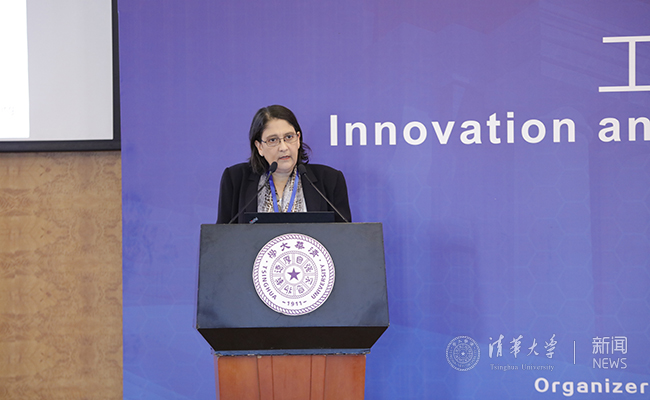
Natacha DePaola, Chair of the Global Engineering Deans Council (GEDC), delivered a plenary speech entitled “Maximizing Impact through Synergy: a Global Perspective”. DePaola noted that engineering is the core of the development of global industry 4.0, and innovation must be realized through collaboration. Specifically, we should accelerate the development of platforms and tools suitable for global collaboration; we should reform teaching methods and train high-quality talents to meet future challenges; we should, through in-depth dialogue with industries, realize the integration of production, teaching and research, and seek holistic solutions.
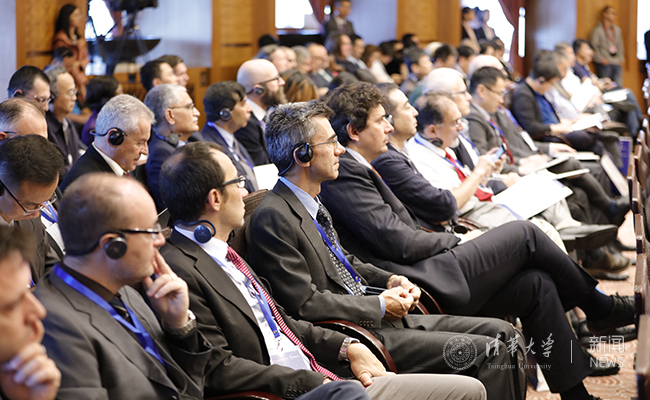
The opening ceremony was followed by a university presidents’ forum and a sub-group forum. The presidents will deliver plenary reports and discussions on the following themes: “The Challenge of Engineering Education and the Development of First-class Engineering University” and “Engineering Education for Sustainable Development”. At the same time, nearly 50 experts, scholars and enterprise representatives will speak and discuss in groups about the new mode of industrial-academic cooperation, the cultivation of practical competence in engineering, artificial intelligence and innovation in engineering education, international cooperation and innovation in engineering education, innovative practices in engineering education, innovation and entrepreneurship education, engineering ethics education and the diversity of engineering education, among others.
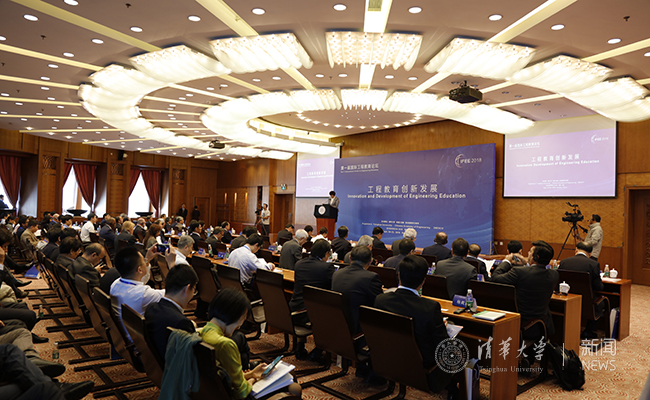
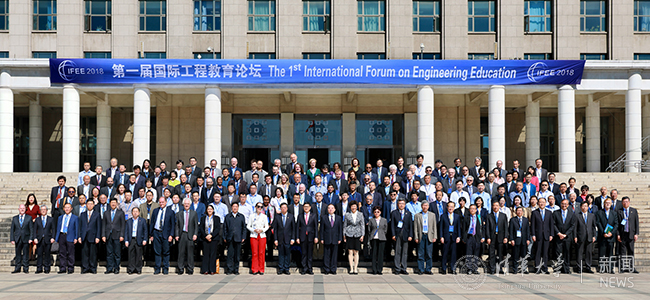
Editors: John Olbrich, Harvey Cary Dzodin
Photographers: Li Pai, Chang Zhidong, Cao Wenpeng

